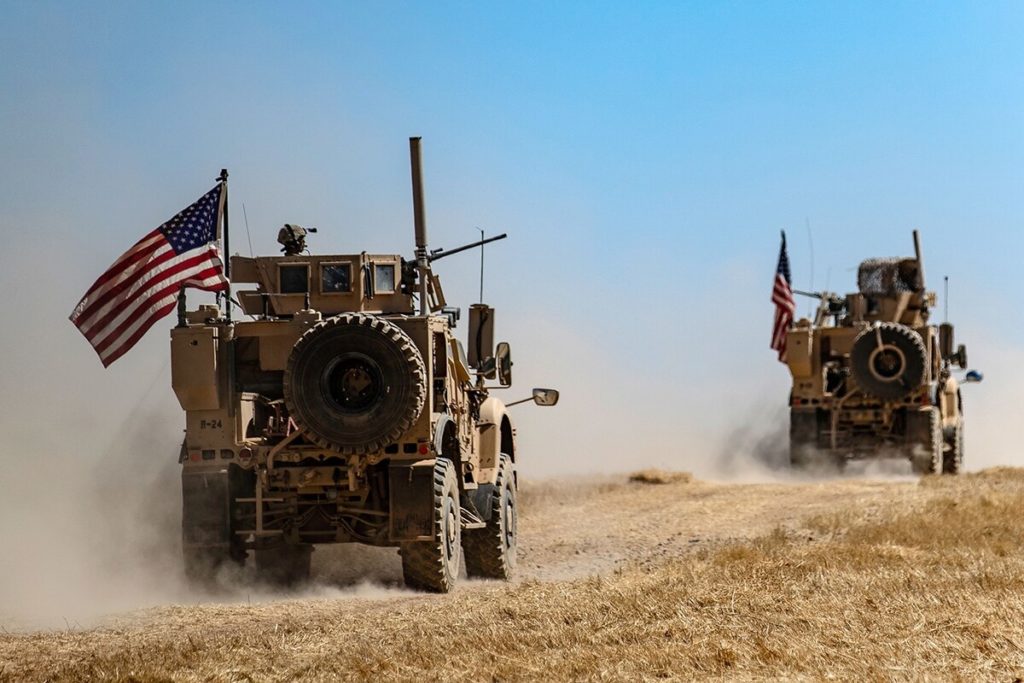By Ellyn Fritz || Contributing Writer

Last week, President Trump ordered American troops to step aside from the northern border in Syria, against the advice of his national security team. Trump no longer feels as though ISIS is an immediate threat, and has used this as an opportunity to fulfill one of his key campaign promises – to get US troops out of long term engagements overseas where there was ‘no benefit’ to the USA. This executive decision effectively paved the way for Turkey to launch an offensive against previously US-backed Kurdish forces, a longtime ally of the United States in the region. Turkey has long felt threatened by the Syrian Kurds, due to their ethnic commonality with Kurdish insurgent groups in Turkey, despite a lack of relationship between the two groups. This put the United States in a bind, with Turkey as an American ally and a member of NATO, and the Kurdish militia as an American ally in fighting ISIS. The United States remained involved in the precarious situation until President Trump ordered U.S. withdrawal on October 6.
Donald Trump’s decision created a vacuum in Syria. Abandoning the Kurds, America’s ally since 2014 in combating ISIS, created a feeling of betrayal among Kurdish fighters as America gave Turkey open access to Kurdish territory. On October 9th, Turkish troops and their Syrian Arab proxies began an invasion and the Kurds are now scrambling to find new allies, forgoing ISIS as their priority and instead focusing on their own survival as a nation. More than 100,000 Kurds are now displaced, and many fear ethnic cleansing at the hands of Turkey. Hevrin Khalaf, a prominent Kurdish politician, was dragged from her car and executed by pro-Turkish Arab mercenaries according to the Associated Press, leading to accusations of war crimes.
As American forces now retreat, Trump has warned and tweeted that Turkey should remain within their limits after a strong reaction from Congress and a vote on October 17 by a significant majority in the House rebuking his actions. His policies are fishtailing, shifting between greenlighting the Turkish incursion then threatening to ruin Turkey’s economy, as Congress will attempt to impose sanctions on Turkey to halt their progress, however that movement is unlikely to change the situation.
Although the United States’ has begun its march out of Syria, there are various situations that could draw the United States back into the region. First, if Turkish-Kurdish fighting worsens, resulting in significant Kurdish casualties, the US may opt to step back into the conflict. Another situation that could bring back troops is if there are any American casualties among the remaining forces on the ground in Syria. The third is if the fighting there is drawn out over months and U.S. public opinion comes to match current congressional outrage.
As of now, it is for the public and President to watch how his short-term tactics and lack of long-term strategy will play out.
Sophomore Ellyn Fritz is a contributing writer. Her email is efritz@fandm.edu.